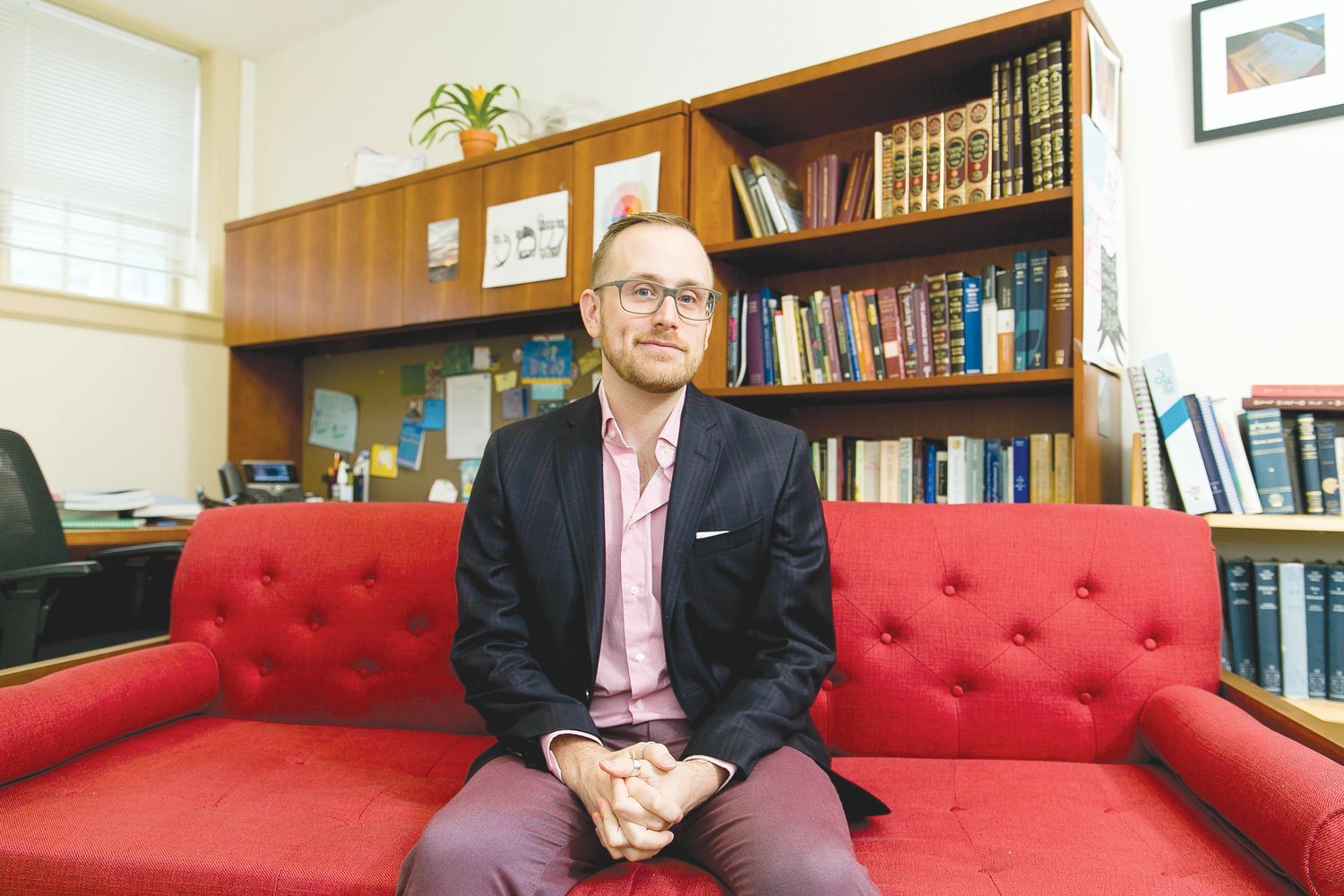Are we now free?
Two years ago, a couple hours before Passover started, I cried for the first time about the pandemic.
My husband and I had planned to have our families come in from out of state, to share food and stories and Torah, and to have a crowd of people filling our apartment.
But, like many others, we canceled, and did what was previously unthinkable – we had a Zoom seder.
In preparation, I stood in the kitchen and made chicken, matzah ball soup and a vegetable. And then I cried. In that moment, realizing I was done cooking because I only needed to cook for two people and not a dozen, the depth of the pandemic hit me. I knew we were in a narrow place, waiting to be redeemed.
Now, after two challenging years and many more losses, we are again preparing for Passover. But no one I know has started to make plans, perhaps too afraid to hope or anticipate a “normal” seder.
It is not clear to many of us how we are to relate to this moment. There are people who are living like there was never a pandemic, and there are people living as if we are still in the worst of it.
Put another way, there are people living as if we have reached redemption, and others who are living as if we were still enslaved in Mitzrayim.
Passover, our holiday of redemption, reminds us that redemption has happened before, and it can happen again. The question many of us are grappling with now is: has it happened yet? Are we now free? Or are we still in a narrow place?
This question of where we are in relation to redemption is an old one. In the Talmud, there is an extended conversation toward the end of Masechet Sanhedrin about the coming of the messiah.
“Rav Giddel said that Rav said, ‘In the future, the Jewish people will eat [from the bounty of the] years of the messiah” (Sanhedrin 98b). In other words, for Rav and Rav Giddel, we have not yet reached ultimate redemption. The time of messianic redemption is far off in the future. We have not arrived. This position offers some hope for us in its expectant waiting; “things will get better!” it insists.
Another opinion in this conversation comes from Rabbi Hillel (not to be confused with the famous Hillel the Elder), who says, “There is no messiah [coming] for the Jewish people, as they already ate [of his bounty] in the days of Hezekiah.”
Hezekiah was a Judean king close to 1,000 years before Rabbi Hillel! From Rabbi Hillel’s perspective, redemption has already happened – this is as good as it gets. This is not about hoping or waiting for a better future, but about embracing the present because we have already been redeemed – the messiah has already come!
How do we make sense of these two perspectives? On the one hand, we have an opinion that we are still waiting for the messiah. On the other hand, we have an opinion that the messiah has already come, so it makes no sense to keep waiting.
This tension shows up for us not just in this debate in the Talmud, but in the Passover seder as well. The Haggadah invites us into this debate with “ha lachma anya,” as we declare “Now we are slaves, next year we will be free.”
This description of us as slaves waiting for redemption supports the perspective of Rav Giddel and Rav, who are waiting for the coming of the messiah. Next year we will be free, but we are not free now. Again, we find hope for the future and anticipation of a better world.
But we also find the legacy of Rabbi Hillel in our Haggadah too. In “Avadim Hayinu,” we say, “We were slaves to Pharaoh in Mitzrayim, now we are free.” In other words, redemption has already happened – stop waiting for freedom!
So, which is it? Are we free and finished waiting? Or are we still slaves, waiting for freedom? Has the messiah already come, or are we still waiting for the arrival? The answer, of course, is: yes.
Our tradition pushes us beyond simple binaries of “redeemed” or “not redeemed” and invites us instead into dialectical thinking – a psychospiritual process in which we hold two seemingly contradictory truths at the same time, only to arrive at a truth deeper than the binary can offer.
We are both redeemed and not redeemed. We are both waiting for this pandemic to end, and we are not waiting in the same way we were two years ago.
Whatever this holiday holds for you, whether you lean more to Rabbi Hillel’s perspective or more to Rav and Rav Giddel’s, I invite you to hold both truths within you and at your seder, and maybe that way, we’ll all be a little more free.
ALEX WEISSMAN is the rabbi at Congregation Agudas Achim, in Attleboro, and the director of organizing at T’ruah: The Rabbinic Call for Human Rights.








